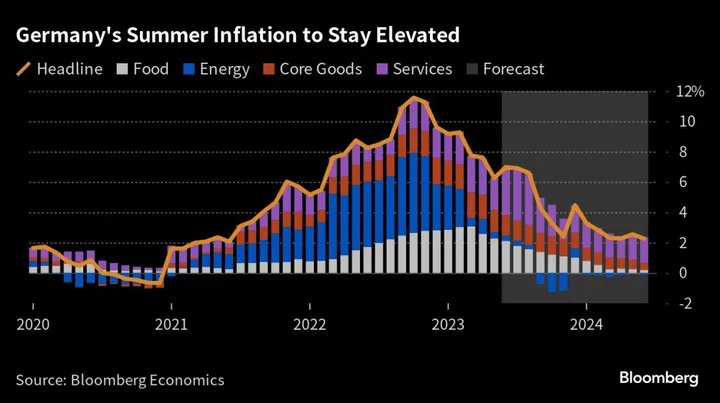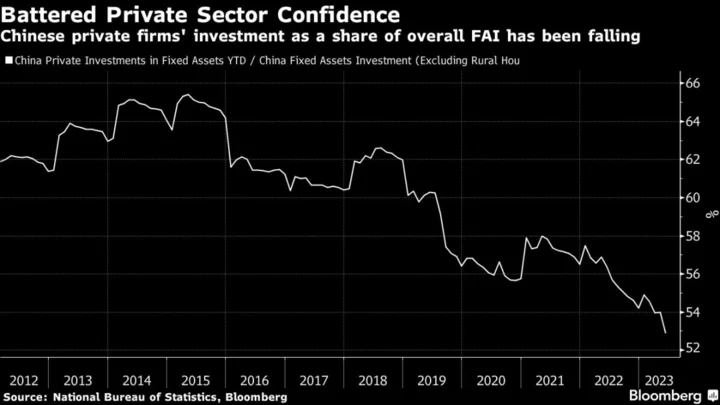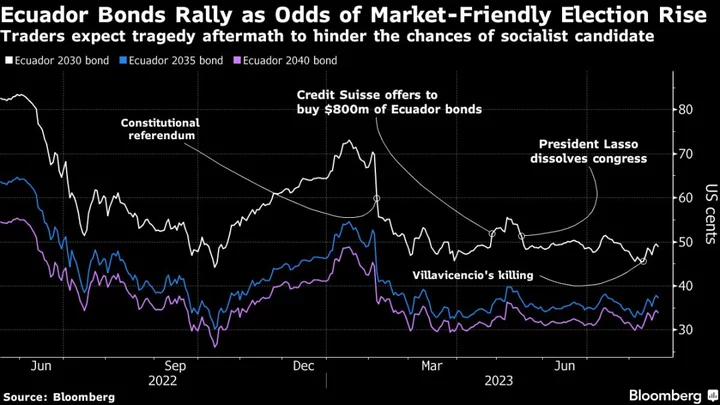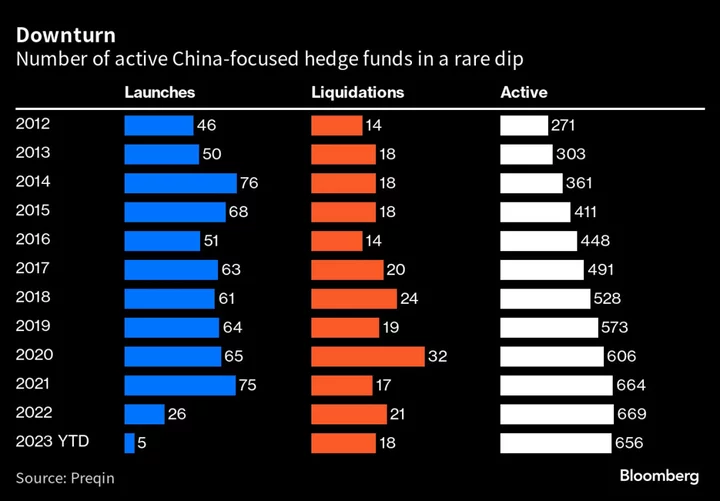Germany’s business outlook deteriorated to the lowest seen this year, evidence that Europe’s biggest economy is struggling to cement a recovery after a recent recession.
An expectations gauge by the Munich-based Ifo institute fell to 83.6 in June from 88.3 in the previous month. The outcome was much worse than anticipated by any economist in a Bloomberg survey. A measure of current conditions also fell.
“Above all, the weakness in the manufacturing sector is steering the German economy into turbulent waters,” Ifo President Clemens Fuest said in a statement.
The report underscores how industrial doldrums around the advanced world amid weakening demand from China are weighing on Germany’s factory base, the motor of growth in the wider euro area. A separate assessment in Italy also suggested waning momentum.
Output has yet to see a “noticeable pickup,” Germany’s Economy Ministry said this month after a slump that dragged the rest of the region into a recession too. The Bundesbank predicts an overall contraction of 0.3% for this year.
Confirming that picture, a survey of purchasing managers published Friday showed that German economic activity lost much more momentum than anticipated in June, driven by a slowdown in services and sustained weakness at the country’s factories.
A separate report released on Monday pointed to glimmers of hope. The Bundesbank said the economy probably returned to growth and expanded “slightly” in the three months through June.
Meanwhile, a survey by banks of 1,000 small and medium-sized enterprises published over the weekend showed that business confidence is returning to Germany, despite the recent economic downturn, as energy costs decline.
Still, 400 basis points in tightening by the European Central Bank are likely to impose an increasing brake on expansion as months go by.
Bundesbank chief Joachim Nagel has signaled he would be in favor of a further quarter-point move beyond one already slated for July, given that inflation remains undefeated.
“Underlying price pressures are likely to remain very high for the time being,” the central bank said in Monday’s report. “This harbors the risk that wage and price setters will increasingly orientate themselves to the higher inflation rates. The decline in inflation may therefore be more sluggish than previously expected.”
An independent commission on Monday published its recommendation that Germany’s minimum wage should rise to €12.41 at the beginning of next year, from €12, and to €12.82 at the start of 2025. Both of those increases would significantly exceed the ECB’s 2% inflation target.
Price growth in Germany is still much higher. It probably surged again in June because of the year-ago comparison with last summer, when ultra-cheap public transport was unveiled. Those data later this week may contrast with inflation from the three other big economies of the euro area, which are all projected to show declines.
Germany’s inflation outlook also seems less benign than the rest of the region. While ECB projections this month showed inflation slowing to an average of 2.2% in 2025, the Bundesbank’s forecast for its own economy is 2.7%.
--With assistance from Joel Rinneby, Kristian Siedenburg and Iain Rogers.
(Updates with Bundesbank report in seventh paragraph)









